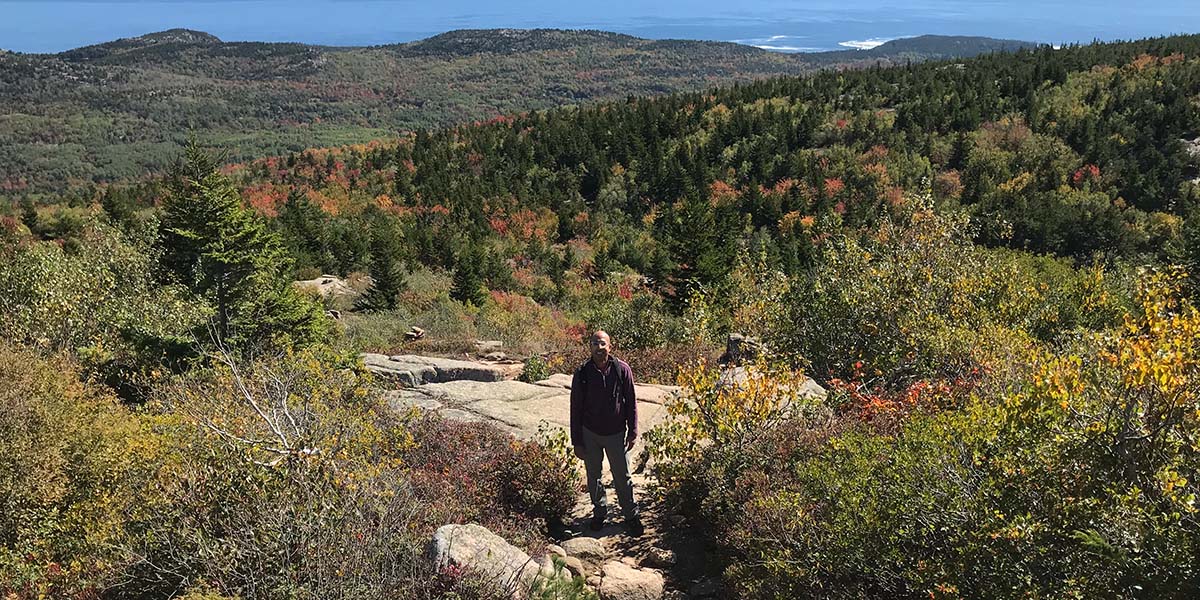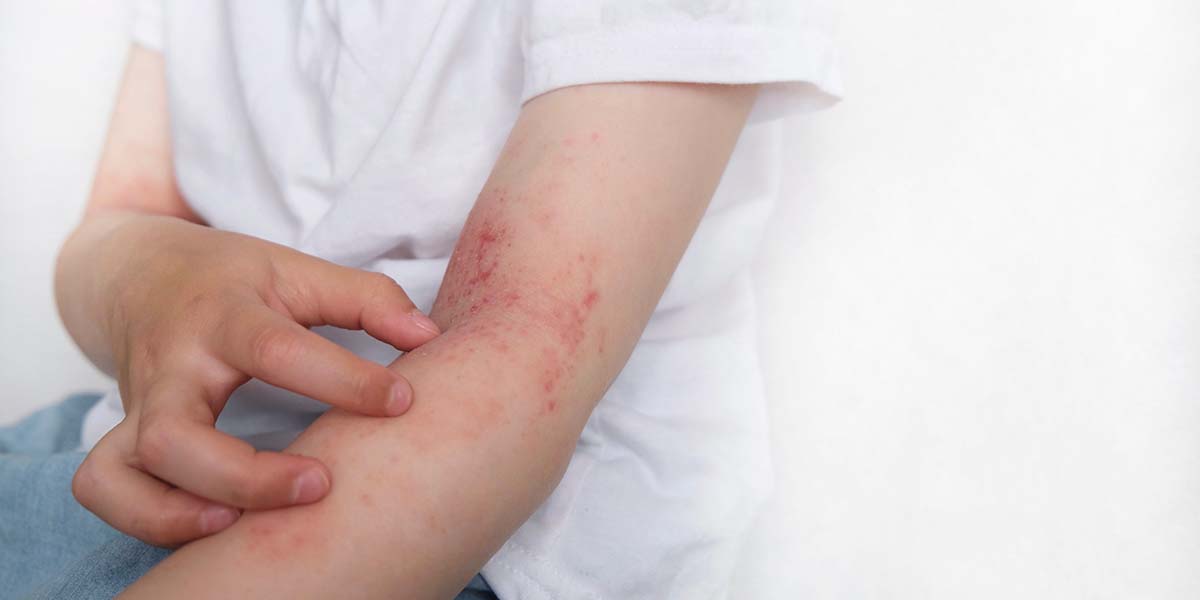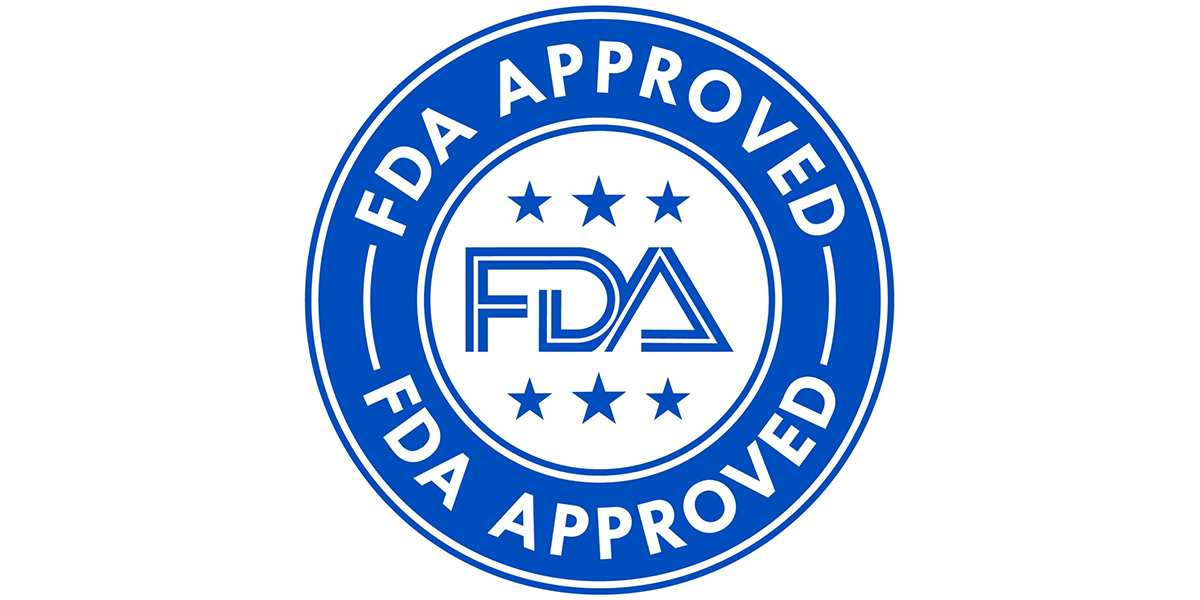Spring in Philadelphia brings a surge of tree pollen, leading to common allergy symptoms such…

Ragweed Allergy Season in Philadelphia: When It Starts, What to Expect, and How to Get Relief
Are your allergy symptoms flaring up in late summer and early fall? If so, ragweed pollen may be the culprit. For people in Philadelphia and the surrounding region, ragweed allergy season can be one of the most challenging times of the year. Learn when it starts, how long it lasts, and the most effective treatments — including over-the-counter remedies, prescription medications, and allergy immunotherapy (allergy shots).
When Is Ragweed Season in Philadelphia?
Ragweed pollen season in Philadelphia typically begins in mid-August, peaks around early to mid-September, and can last through October. Even if ragweed isn’t growing in your yard, its lightweight pollen travels for miles and can trigger severe allergy symptoms.
Common ragweed allergy symptoms include:
- Sneezing
- Runny or stuffy nose
- Itchy, watery eyes
- Postnasal drip
- Worsening of asthma symptoms
Climate Change and Rising Ragweed Pollen Levels
Climate change is making ragweed season longer and more intense. Warmer temperatures and increased carbon dioxide levels help ragweed grow faster and produce higher pollen counts. Studies have shown that ragweed season now lasts weeks longer than it did just a few decades ago, especially in urban areas like Philadelphia.
Environmental Tips to Reduce Ragweed Exposure
Limiting your exposure to ragweed pollen can make a big difference in your symptoms. Try these environmental control measures:
- Keep windows closed during peak pollen hours (usually early morning).
- Use HEPA filters in your home’s air conditioning or furnace system.
- Shower and change clothes after spending time outdoors.
- Check daily pollen counts on trusted weather or allergy tracking apps.
- Limit outdoor activity on high-pollen or windy days.
Best Over-the-Counter Allergy Medications for Ragweed
Starting treatment before symptoms begin — ideally in early August — can help reduce the severity of ragweed allergy symptoms. Recommended OTC medications include:
- Antihistamines: cetirizine (Zyrtec), loratadine (Claritin), fexofenadine (Allegra)
- Nasal corticosteroid sprays: fluticasone (Flonase), budesonide (Rhinocort), triamcinolone (Nasacort)
- Eye drops for allergic conjunctivitis: ketotifen (Zaditor)
For best results, use nasal sprays daily — not just when you feel congested.
Prescription Allergy Treatments for Ragweed
If your symptoms are moderate to severe, or if OTC medications aren’t effective, an allergist can prescribe stronger options such as:
- Combination nasal sprays: fluticasone + azelastine (Dymista)
- Montelukast (Singulair): helpful for people with both ragweed allergies and asthma
- Inhaled corticosteroids or bronchodilators for asthma symptoms
When Should You See an Allergist?
You should schedule an appointment with a Philadelphia allergist if:
- Your allergy symptoms last for more than a few weeks
- OTC medications are not working
- You have asthma symptoms that worsen in the fall
- You want to explore long-term allergy relief options
An allergist can perform skin or blood testing to identify your specific allergy triggers and develop a personalized treatment plan.
Do Allergy Shots Work for Ragweed Allergies?
Yes — allergy shots (also known as allergy immunotherapy) are highly effective for treating ragweed pollen allergy. They help desensitize your immune system over time by gradually introducing small amounts of the allergen.
Benefits of allergy shots:
- Long-term relief of ragweed allergy symptoms
- Reduction in the need for medications
- Fewer asthma attacks or flare-ups
- Can prevent development of new allergies in some patients
Allergy immunotherapy is especially recommended for people who have severe symptoms, prefer to minimize long-term medication use, or have multiple seasonal allergies.
Get Expert Help for Ragweed Allergies in Philadelphia
If ragweed season leaves you feeling miserable every year, don’t wait until symptoms peak. The earlier you take action, the better you’ll feel.
Contact our office today to schedule an allergy consultation in Philadelphia — and take the first step toward lasting relief from ragweed and other seasonal allergies



